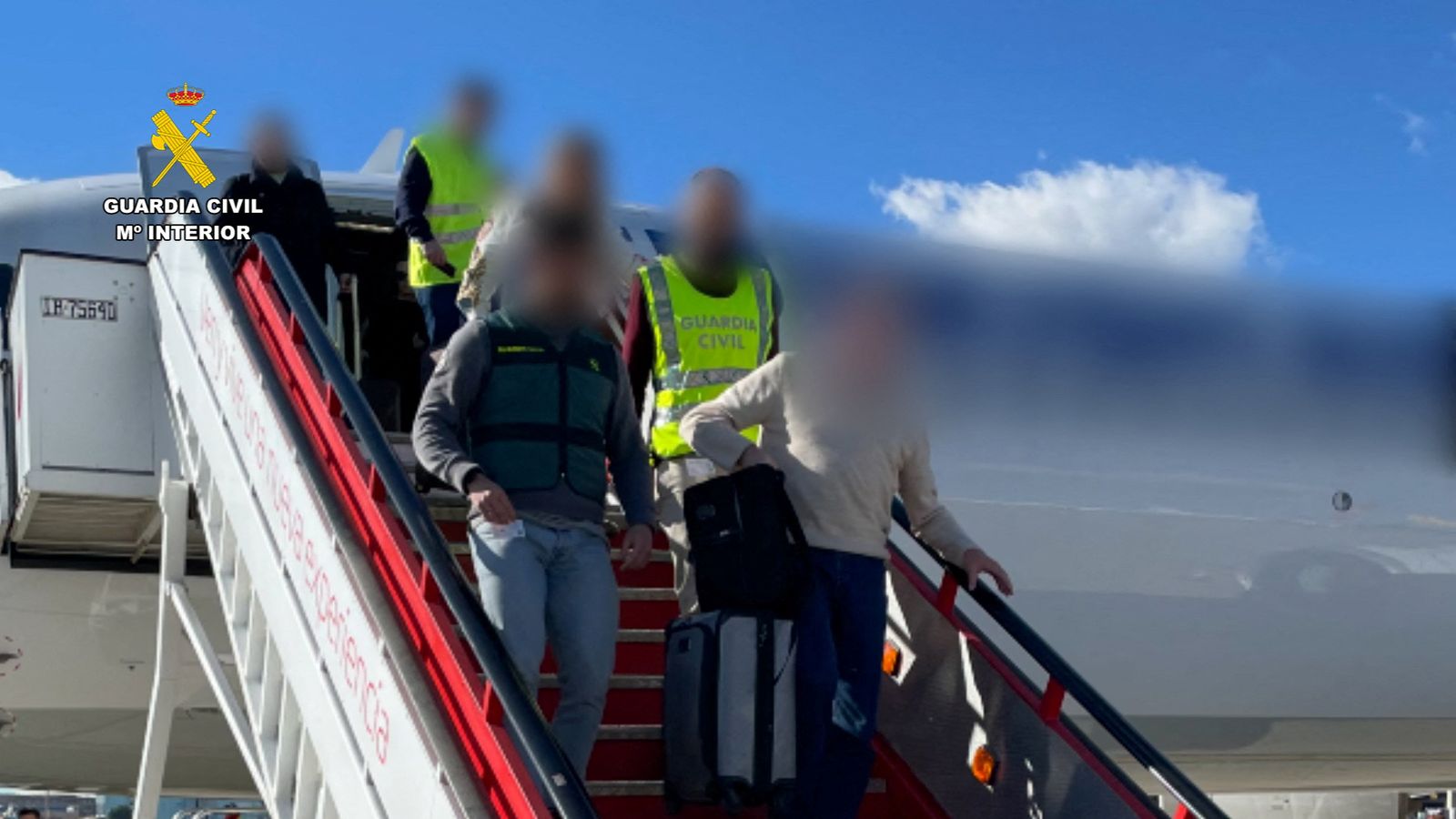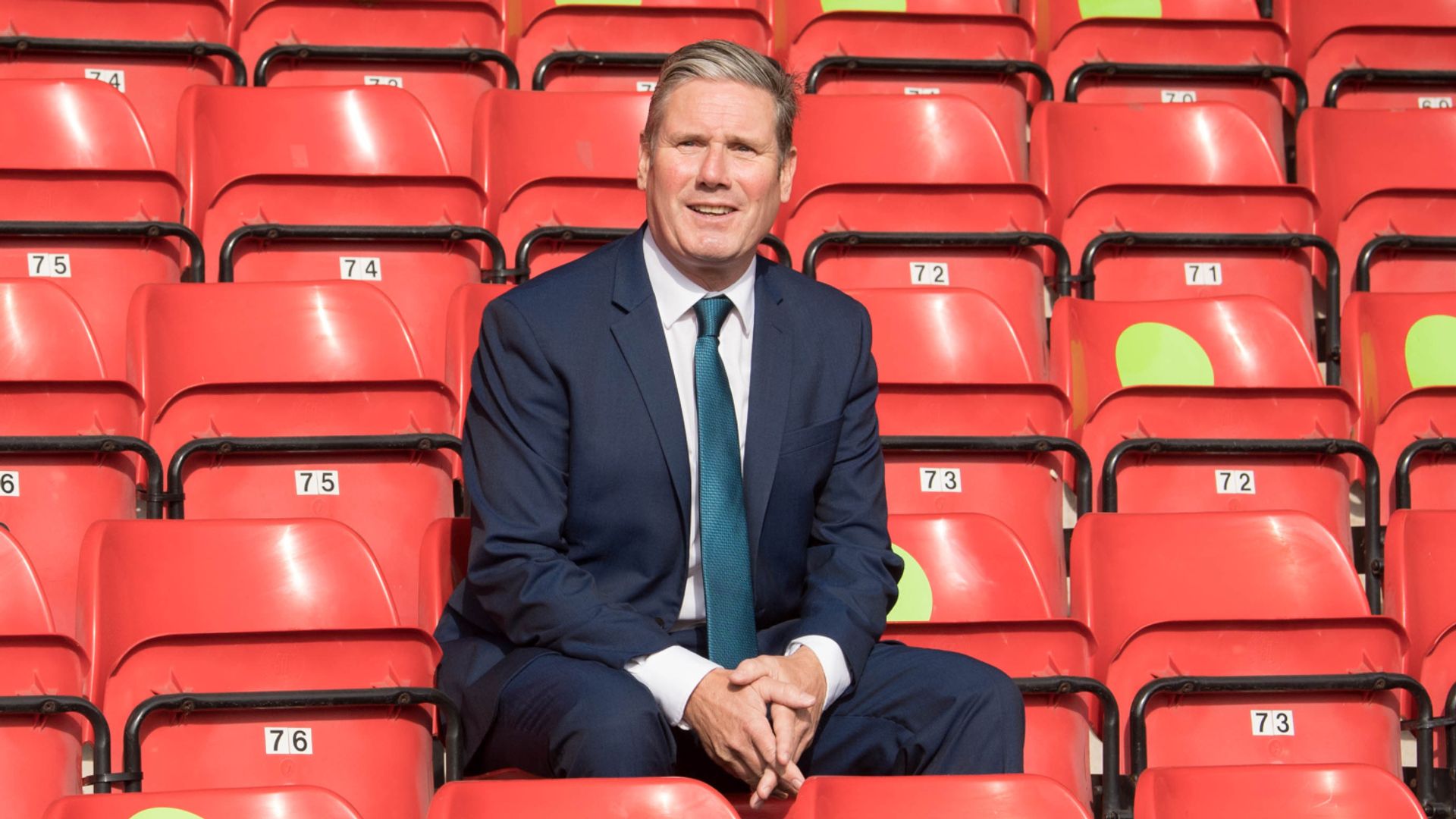A British man has been arrested after allegedly helping an oligarch with ties to Russian President Vladimir Putin evade sanctions.
Richard Masters, 52, was arrested in Spain on Friday, though his co-accused Vladislav Osipov remains at large.
The pair, charged separately, reportedly helped Russian-Cypriot oligarch Viktor Vekselberg evade US sanctions.
The scheme was allegedly facilitated through Mr Vekselberg’s 255ft yacht Tango, which is thought to be worth $90m (£73m).
The US Department of Justice (DoJ) claimed Masters ran a yacht company in Palma de Mallorca and managed Tango after initial sanctions were imposed on Mr Vekselberg in 2018.
Masters allegedly called Mr Vekselberg’s yacht “the Fanta” to hide thousands of dollars from banks that would ultimately benefit the oligarch.
It is claimed Masters and Russian-Swiss Osipov masked Mr Vekselberg’s involvement with the yacht, with Osipov using shell companies to hide his ownership.
The US Department of Justice (DoJ) said both have been charged with multiple offences: Conspiracy to defraud the US and to commit offences against the US; violating the International Emergency Economic Powers Act (IEEPA); and money laundering.
Mr Vekselberg faced US sanctions in April 2018 following Russia’s annexation of Crimea.
Tougher measures were imposed on him in March last year after Mr Putin’s invasion of Ukraine.
The UK, Australia and Poland also seized Mr Vekselberg’s assets in March, imposing travel bans, with the DoJ seizing Tango in Spain a month after.
US attorney Matthew Graves said: “Facilitators of sanctions evasion enable the oligarchs supporting Vladimir Putin’s regime to flout US law.
“The United States will not allow its financial institutions and persons to be manipulated or defrauded for the purposes of benefitting those supporting an illegal war.”
Andrew Adams, director of the Task Force KleptoCapture department, said Masters had to face the “consequences” of his actions.
He explained that corporations and executives “have a choice” of either fighting against “corruption, sanctions violations, and money laundering” or choosing the path of the accused.
“They can as Osipov and Masters are alleged to have done, attempt to shield themselves and their clients behind a veil of fraud,” he added.
“These men made their decisions, and now face the consequences of a failed attempt to profit through, rather than standing against, a sophisticated, transnational criminal enterprise.”







